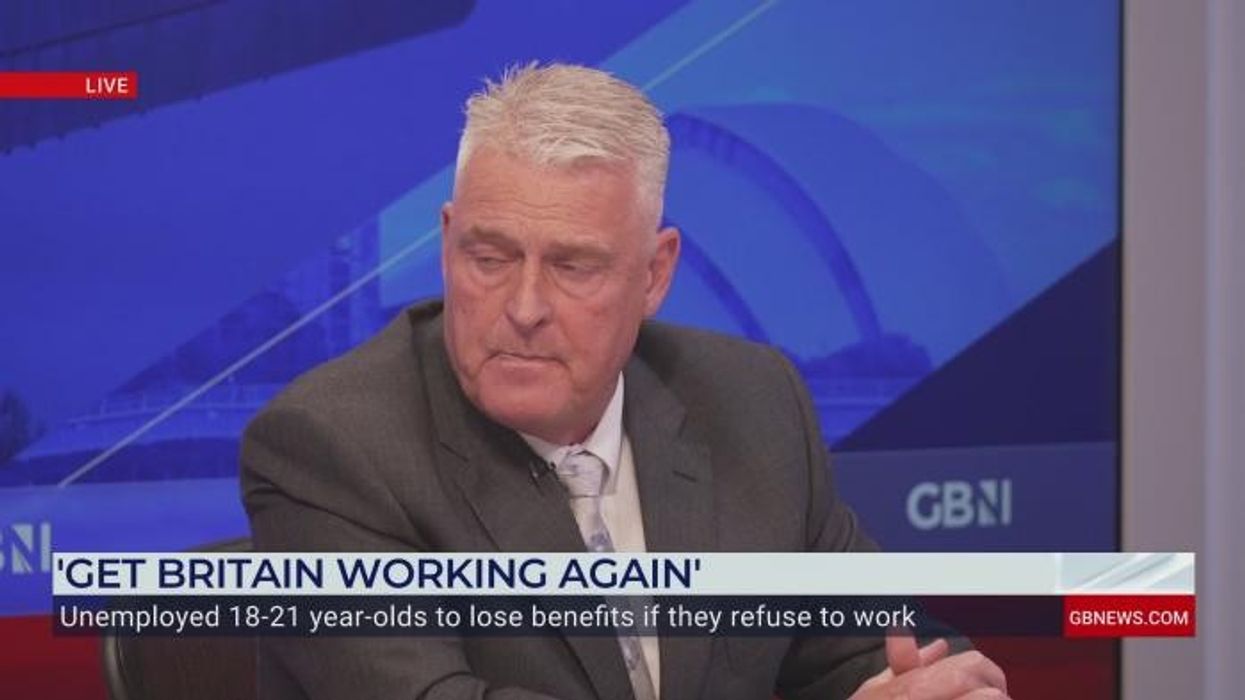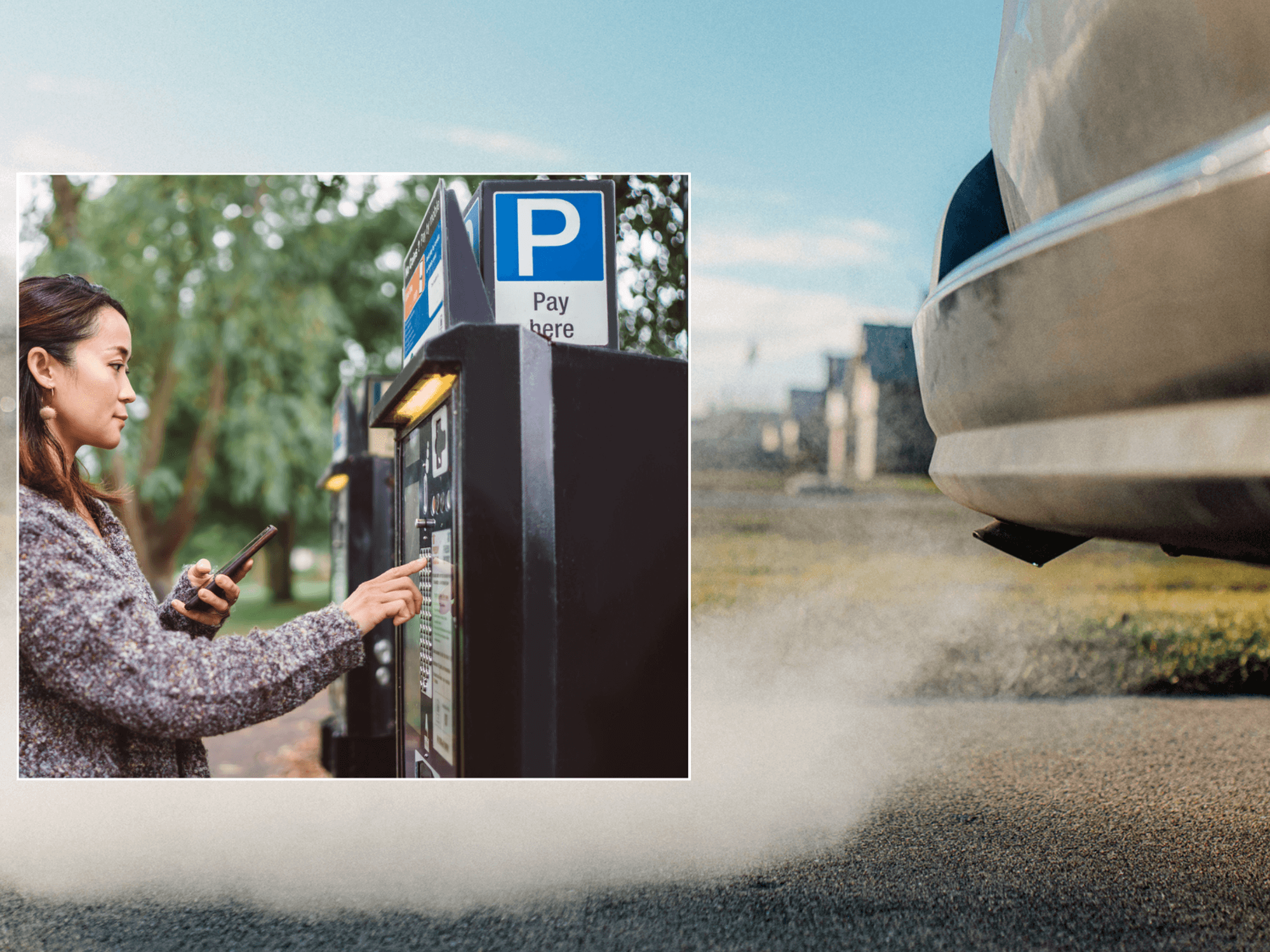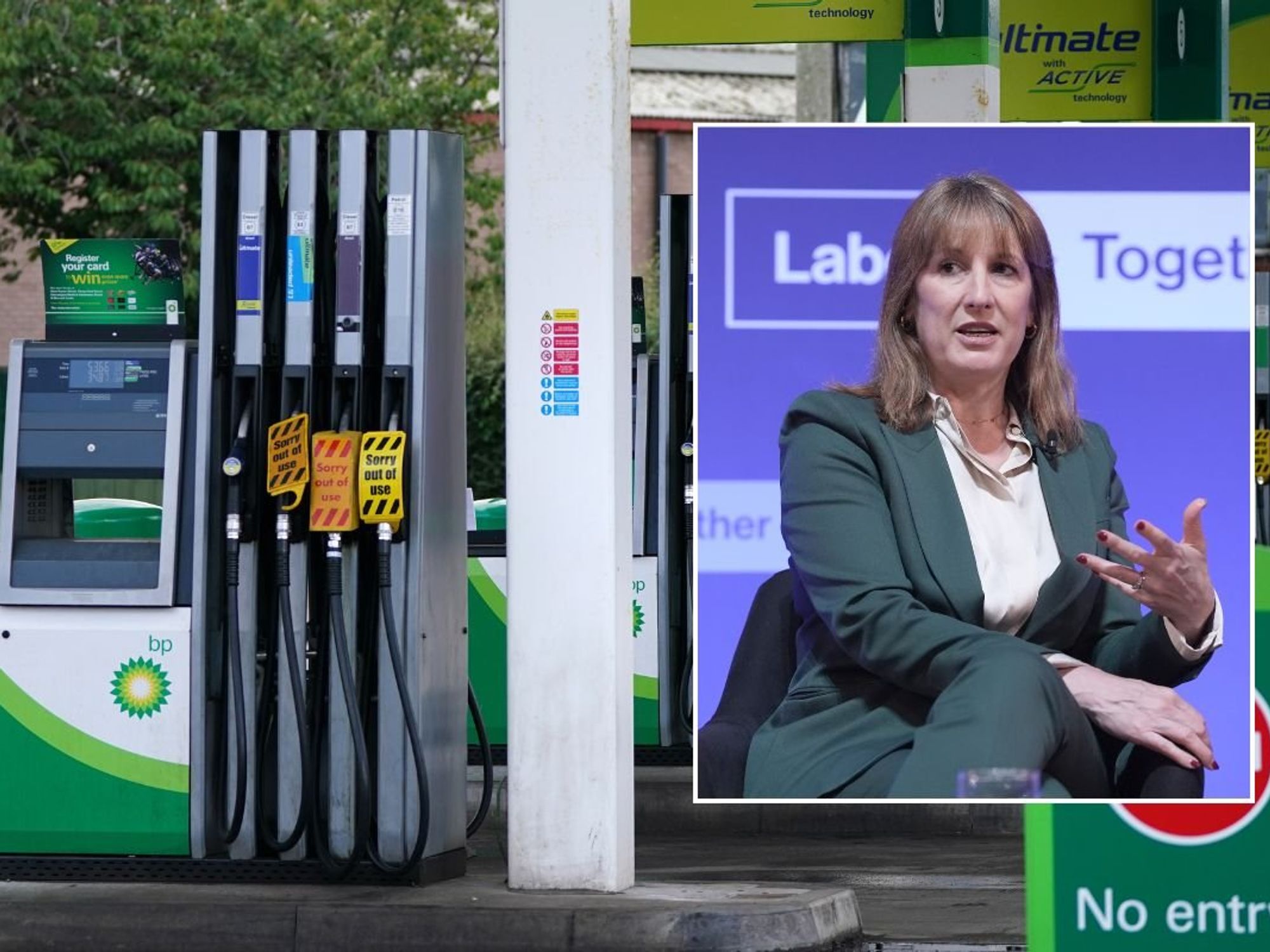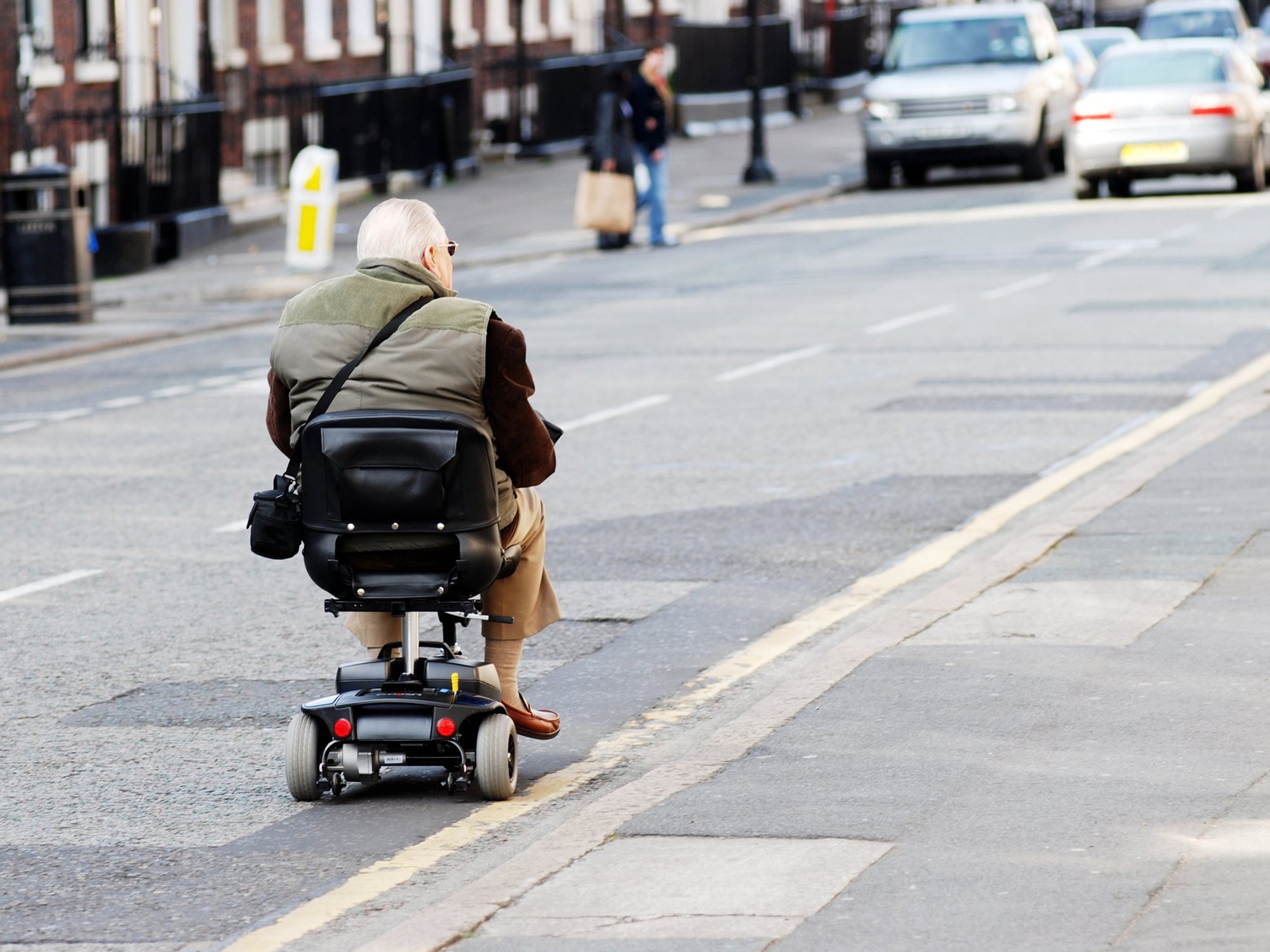Volkswagen to lose 20,000 employees in cost-cutting measures to save £1.2billion per year

The cost-cutting measures aim to save Volkswagen a staggering €1.5billion (£1.26billion) per year
Don't Miss
Most Read
Latest
At least 20,000 employees at Volkswagen factories have agreed to early redundancy as the brand looks to slash tens of thousands of jobs in a cost-cutting venture.
According to German newspaper Bild, Volkswagen is aiming to cut 35,000 jobs by the end of the decade at its German factories.
Citing a works council meeting at the automotive giant's Wolfsburg headquarters earlier today, the plan appears to be on track.
The report states that at least 20,000 employees have signed up for early redundancy, with two-thirds going into partial retirement.
Do you have a story you'd like to share? Get in touch by emailing motoring@gbnews.uk
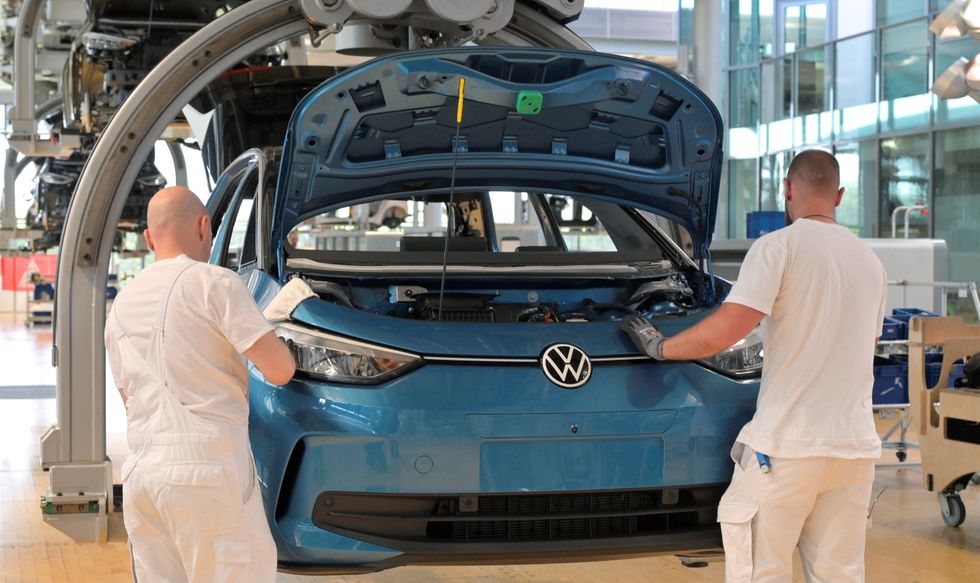
Around 20,000 Volkswagen employees have accepted early redundancy
|REUTERS
Bild reports that Volkswagen could extend the offer to employees born in 1969 and 1970, which would likely help the brand meet its target of 35,000 job cuts.
It could also look to reduce the number of apprenticeship opportunities for young people from 1,400 to 600 by 2026.
Through these measures, Volkswagen is aiming to save around €1.5billion (£1.26billion) in operational and labour costs per year.
The German newspaper adds that employees could receive a negotiated pay rise, with members of the IG Metall trade union set to receive a bonus.
READ MORE: Volkswagen to slash 35,000 jobs by 2030 after 'intensive negotiations' and furious protests
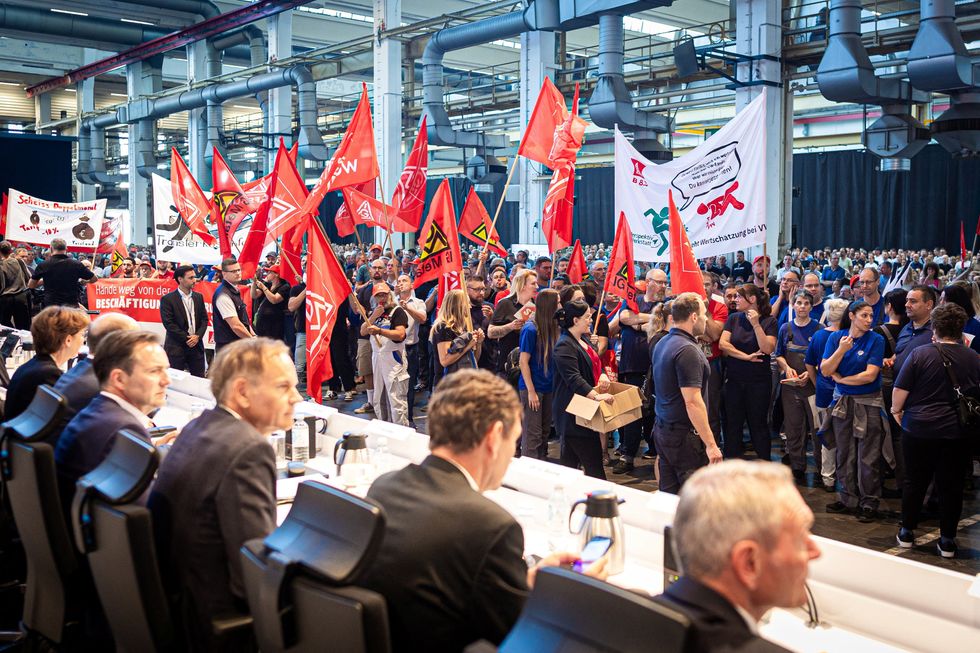
Union protests took place outside of Volkswagen factories across Germany at the end of 2024
| REUTERSCiting the IG Metall union, the job cuts and salary changes will ensure that no German factories are shut down in the process.
Volkswagen announced in December that it would be looking to cut 35,000 jobs following "intensive negotiations".
The manufacturer also announced that it would introduce "structural production methods", including reducing the capacity to 734,000 units across its German plants.
Oliver Blume, CEO of Volkswagen Group, said the agreement between the brand and the IG Metall union was an "important signal for the future viability of the Volkswagen brand".
LATEST DEVELOPMENTS:
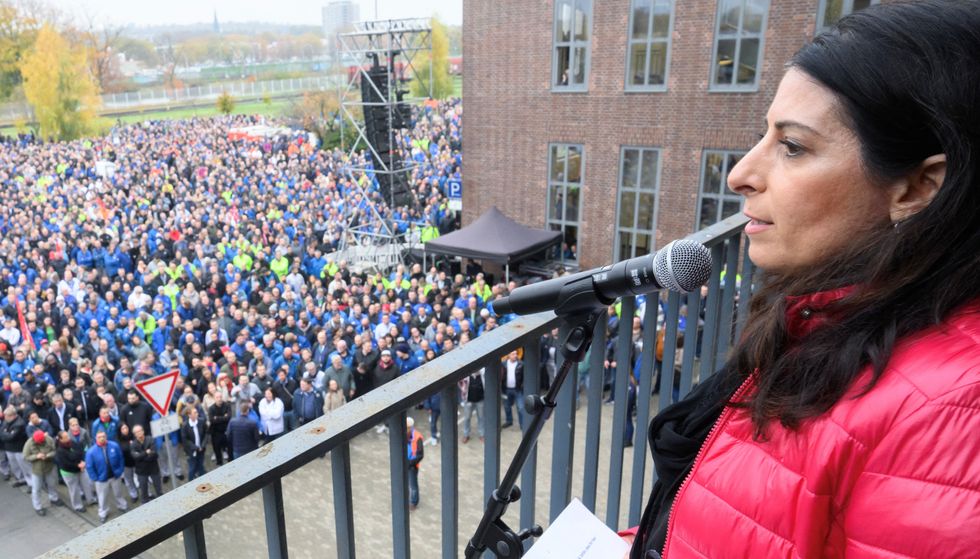
Volkswagen's original plan to close factories across Germany was met with mass protests and union condemnation
| REUTERSOriginal plans from Volkswagen suggested that the brand could be forced to shut at least three of its plants in Germany, which was met with strong resistance from its workers, the union and the German government.
Daniela Cavallo, Chairwoman of the General and Group Works Council of Volkswagen AG, spoke to employees at its Wolfsburg plant in October, saying that it was looking to "start the sell-off".
It comes as Volkswagen continues to celebrate new milestones, including producing its one millionth electric vehicle at its Zwickau production site in east Germany.
The record model was an ID.3 GTX Performance in Kings Red Metallic, which will be delivered to a customer in Bavaria within the coming weeks.
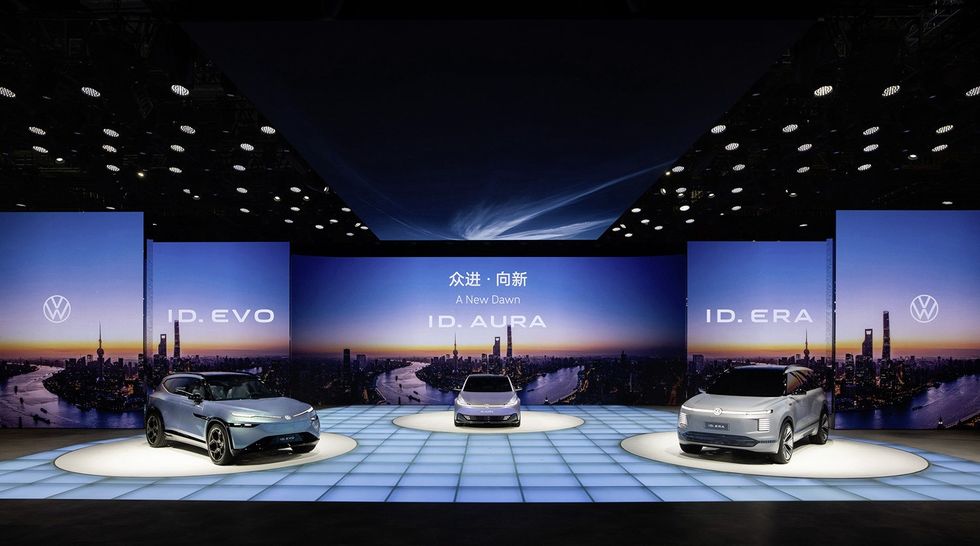
The new ID. AURA, ID. ERA and ID. EVO concept models displayed in Shanghai
|VOLKSWAGEN
The Zwickau base manufactures the ID.3, ID.4, Audi Q4 e-tron, Q4 Sportback e-tron, Cupra Born and the ID.5.
It also launched three new concept cars in Shanghai as part of its Chinese expansion. The models include the ID. AURA, ID. ERA and ID. EVO.
As part of the "In China, for China" project, VW is looking to design new cars and technologies which are specifically tailored to the needs of Chinese customers.
The "new energy vehicles" are equipped with AI-based systems for automated driving, with hopes to expand the number of vehicles to more than 20 over the next three years.


